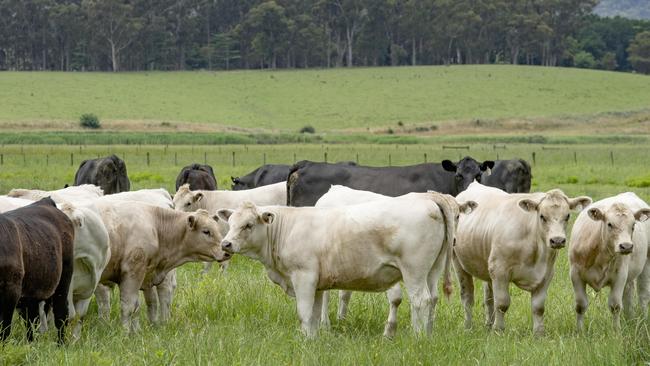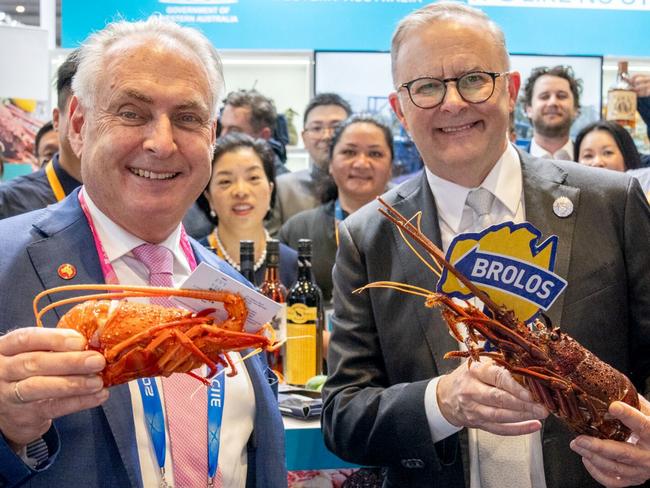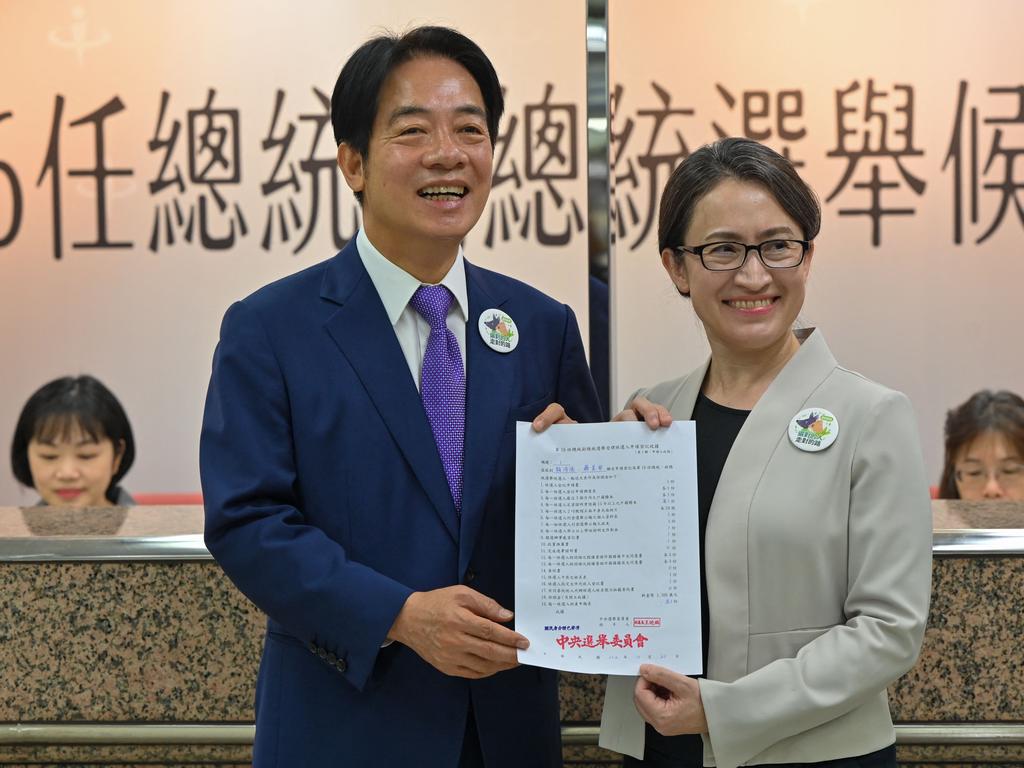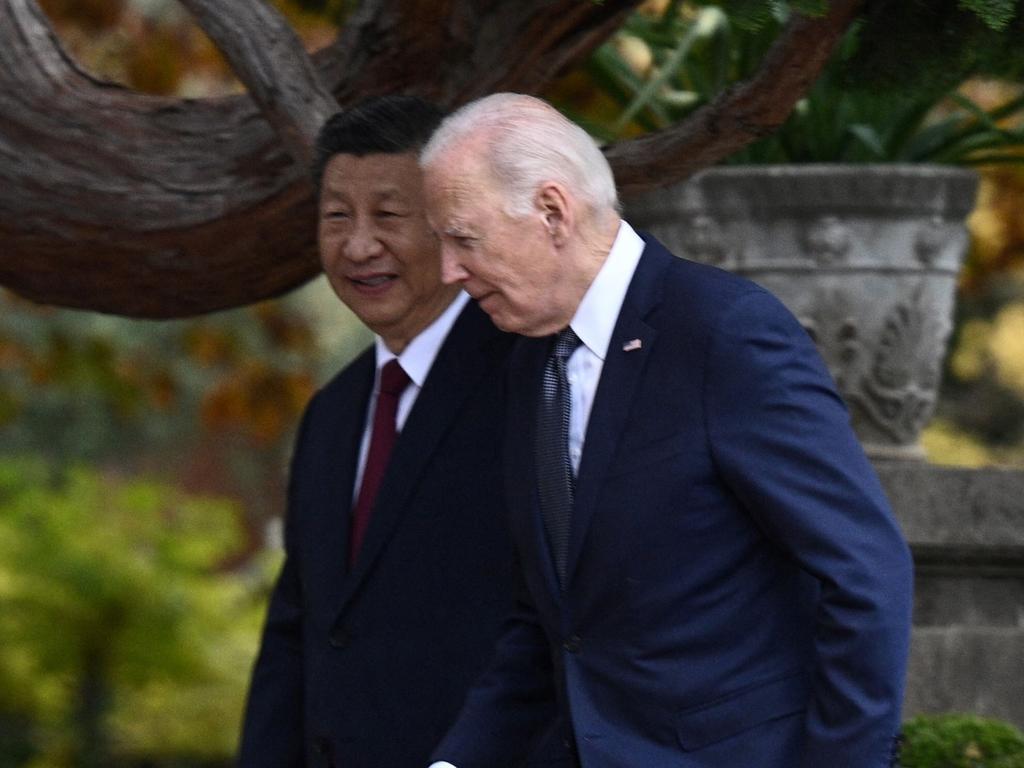Meat industry says Beijing’s ban still a ‘long way’ from over
China has ended the suspension of three Australian abattoirs, in a surprise move the meat industry says is ‘a start’.

China has ended the suspension of three Australian abattoirs, as it continues to whittle down a trade blacklist once worth $20bn and which still includes wine, lobster and beef.
Trade Minister Don Farrell said Beijing’s latest decision was “another positive step towards the stabilisation of our relationship with China”.
“I will continue to press for the re-entry into China of Australian live lobster and those red meat establishments which remain suspended,” said Senator Farrell.
The meat industry welcomed the re-entry but noted eight Australian abattoirs remained blocked from China, meaning the ban was a “long way away” from over.
“It’s a start,” Patrick Hutchinson, the CEO of the Australian Meat Industry Council, told The Australian.
Most of the impediments on Australian exports to China previously worth $20bn a year have been removed. The trade bans were imposed by China after the Morrison government called for an independent inquiry into the origins of Covid.
China is still to lift a nearly 200 per cent tariff on Australian wine, although it has agreed to review the impost. Canberra expects Beijing will remove the tariff next year, otherwise it will resume a World Trade Organisation case against China.
A block on Australian live lobsters remains in place, despite repeated signalling from Beijing that it will soon come to an end.
Frustrated members in the lobster industry have told The Australian they remain in the dark about any change. The industry has been hoping to regain access in time for Chinese Lunar Year, which starts in early February and is traditionally the time of strongest lobster demand in China.
Chen Hong, director of the Australian Studies Center of Shanghai’s East China Normal University, told the Global Times that negotiations were continuing.
“These products are expected to return to Chinese tables during some important festive periods next year,” Professor Chen recently told the party state tabloid.
The three Australian abattoirs that are now allowed to export to China again had self-reported cases of Covid among their workers.
Mr Hutchinson said an almost three year long “freeze out” by Chinese officials had made it extremely difficult to regain access and he said he had “no idea” when the remaining eight would be allowed to export to China.
“This has come out of the blue,” he said of the news which was announced overnight by China’s customs agency.
The livestock manager of one of Australia’s largest cattle and sheep marketers and sellers, Elders, said the partial lifting “can only be good” for the wider agricultural sector as trade relations between China and Australia continue to mend.
“We need all the customers we can get, really, and China is a very important customer,” Elders national livestock manager Peter Homann told The Australian.

Established alternative markets in America, Japan and South Korea allowed the industry to mitigate much of the impact of China’s restrictions. India, the United Kingdom and ASEAN are all target growth markets.
The lobster industry was far more exposed to China, which before the ban bought more than 95 per cent of Australia’s exported catch. Chinese consumers pay a huge premium for Australian live lobster, the most popular type in the country.
Chinese importers have cautioned that the Australian trade is unlikely to return to its former levels, once worth $700m a year.
“When the market is reopened, please keep in mind that the market has changed a lot in past years,” said Fan Xubing, the manager of Beijing Haoqiao Seafood Company, noting the rise of imports from America and Canada.
“No one can afford to live on nostalgia,” Mr Fan told The Australian.
The Australian wine industry has lowered expectations ahead of its expected return to the China market, with senior figures warning the slowdown in the Chinese economy and changing consumer preferences have seen the total size of its wine consumption halve since before Covid. They say the return of access will be significant, but forecast sales will be way down from the pre-ban level.
“It won’t be the silver bullet,” Alister Purbrick, the boss of the Tahbilk winery, last week told The Australian.







To join the conversation, please log in. Don't have an account? Register
Join the conversation, you are commenting as Logout